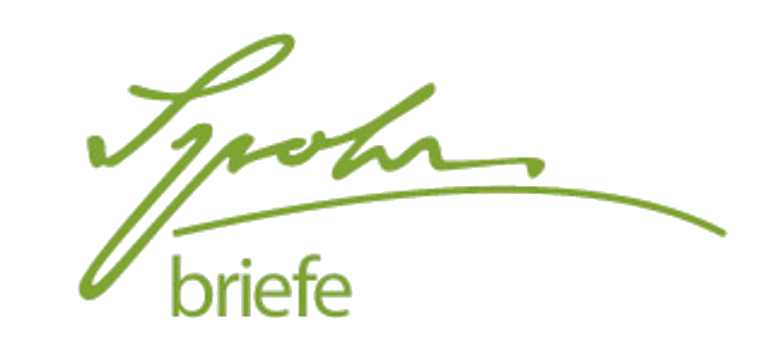1826052506
Louis Spohr an Friedrich Rochlitz in Leipzig
Kassel, Donnerstag 25. Mai 1826
Autograf: letzter Nachweis siehe Inhaltsangabe 6
Inhaltsangabe 1: Catalogue of valuable printed books, illuminated and other manuscripts, and autograph letters (= Katalog Sotheby's), London 1923, S. 29f.
Inhaltsangabe 2: Music. Books, Manuscripts, Autographs and Engravings (= Katalog Maggs Bros. 476), London 1926, S. 77
Inhaltsangabe 3: Music. Early Books, Manuscripts, Portaits and Autographs, London 1928 (= Katalog Maggs Bros. 512), S. 280
Inhaltsangabe 4: Early Books, Manuscripts and Autographs (= Kat. Maggs Bros. 557), London 1931, S. 116 (teilweise, engl. Übers.)
Inhaltsangabe 5: Gemälde, Aquarelle, Zeichnungen, Autogramme, Miniaturen aus Schweizer Privatsammlungen und aus anderem Besitz (= Katalog Bollag), Zürich 1935, S. 11
Inhaltsangabe 6: Autographen aus allen Gebieten. Auktion am 24. und 25. November 1964 (= Katalog Stargardt 570), Marburg 1964, S. 146
Beleg?: Musiker-Autographen. Versteigerung der Lagerbestände der Autographenhandlung Otto Aug. Schulz in Leipzig. Versteigerung am 17. September 1910 (= Katalog Henrici 3), Berlin 1910, S. 20
| Autor(en): | Spohr, Louis |
| Adressat(en): | Rochlitz, Friedrich |
| Erwähnte Personen: | |
| Erwähnte Kompositionen: | Spohr, Louis : Die letzten Dinge |
| Erwähnte Orte: | Düsseldorf |
| Erwähnte Institutionen: | Hofkapelle <Kassel> Niederrheinische Musikfeste <verschiedene Orte> |
| Zitierlink: | www.spohr-briefe.de/briefe-einzelansicht?m=1826052506 |
Dieser Brief ist vermutlich die Antwort auf Rochlitz an Spohr, 08.05.1826. Der nächste Brief dieser Korrespondenz ist Spohr an Rochlitz, 09.07.1826.
Die Auktionskataloge geben jeweils eine knappe Inhaltsangabe:
[Ergänzung 21.09.2021: „He writes in high spirits over the triumph at the Düsseldorf festival of his oratorio, The Last Judgement, the text of which had been supplied by Rochlitz.“ (Inhaltsangabe 1; ab hier identisch mit Inhaltsangaben 2 bis 4).]
„He speaks with enthusiasm of the triumph at the Düsseldorf festival of his oratorio 'The Last Judgment.' He was delighted with the choral performance, but the orchestra was inferior to that of Cassel. The applause at both performances – for the oratorio was repeated for the benefit of the Greeks fighting for their independence – was the most enthusiastic he had witnessed. It would probably be performed again at Cassel for the same cause.” (Inhaltsangaben 2 bis 4)
„Spricht darin mit Enthusiasmus vom Erfolg seines Oratoriums Das jüngste Gericht an den Düsseldorfer Festspielen. Besonders von der Leistung des Chors begeistert, während das Orchester dem von Cassel nachstehe ...” (Inhaltsangabe 5)
Inhaltsangabe 6 gibt nur an, dass Spohr über ein Oratorium berichtet.
Kommentar und Verschlagwortung, soweit in den Anmerkungen nicht anders angegeben: Karl Traugott Goldbach (12.09.2016).
